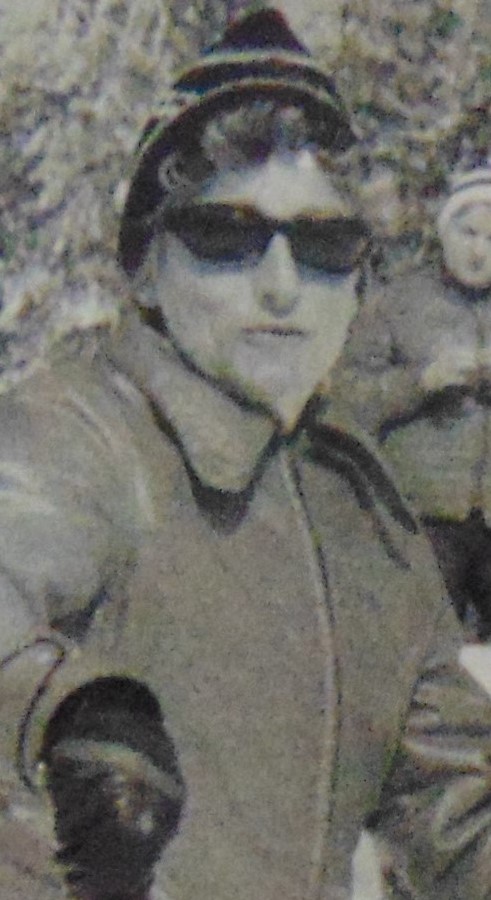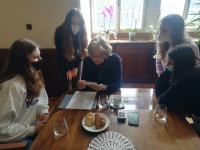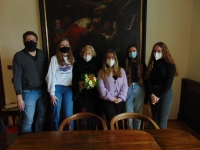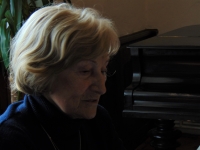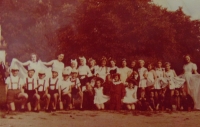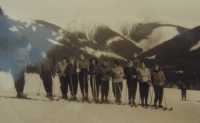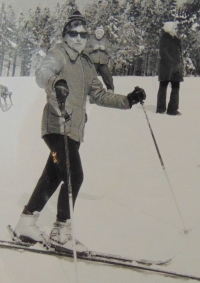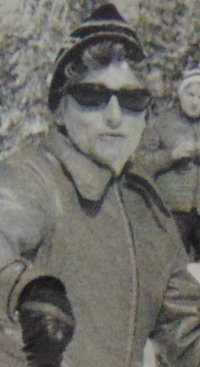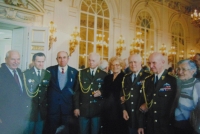"I experienced firsthand with my grandmother when our uncle Jan was evicted from his farm. And unfortunately, his wife was struck by a stroke in her 40s, so she was paralyzed. Well, they evicted them to Neveklov, or Neveklovsko at that time. There was an area there, actually it was a twice evicted, evicted area. When the Germans came, they moved the locals out and made a military area, yeah, for the soldiers, sort of, I don't know if the Wehrmacht, just for the soldiers. And then when the war was over, the Germans were moved out again and it was broken up again, that area, that town or village, so they moved these people in again, and they took everything away from them. And I know it was kind of a pretty pathetic time then. I don't know how I ended up there with my grandmother, my grandmother was such a spirited woman I have to say, I have wonderful memories of her, she told us great stories amongst other things, like she made up quite a few. But she was such a person that she would almost turn up at every event. Whether it was weddings, funerals, or even this one as a bad thing. And I remember it was very sad. That they put six chickens in a sack, and they threw them on the flatbed truck, and when my grandmother said, at least add a duck, they have two kids, two boys. Nothing, it didn't exist, it was just hard, ugly, hard, like it was going on."
